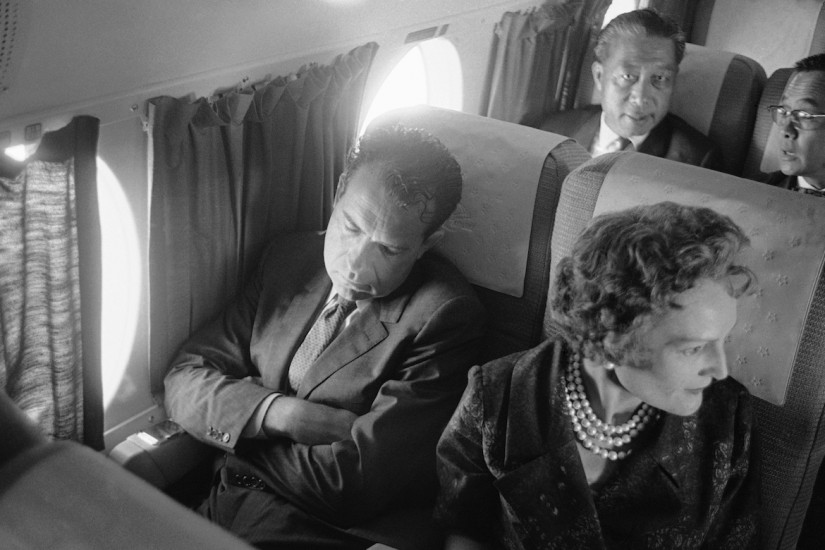No one doubts the job of president of the United States is stressful and demanding. The chief executive deserves downtime.
But how much is enough, and when is it too much?
These questions came into focus after Axios’ release of President Donald Trump’s schedule. The hours blocked off for nebulous “executive time” seem, to many critics, disproportionate to the number of scheduled working hours.
While Trump’s workdays may ultimately prove to be shorter than those of past presidents, he’s not the first to face criticism. For every president praised for his work ethic, there’s one disparaged for sleeping on the job.
Teddy Roosevelt, locomotive president
Before Theodore Roosevelt ascended to the presidency in 1901, the question of how hard a president toiled was of little concern to Americans.
Except in times of national crisis, his predecessors neither labored under the same expectations, nor faced the same level of popular scrutiny. Since the country’s founding, Congress had been the main engine for identifying national problems and outlining legislative solutions. Congressmen were generally more accessible to journalists than the president was.
But when Roosevelt shifted the balance of power from Congress to the White House, he created the expectation that an activist president, consumed by affairs of state, would work endlessly in the best interests of the people.
Roosevelt, whom Sen. Joseph Foraker called a “steam engine in trousers,” personified the hard-working chief executive. He filled his days with official functions and unofficial gatherings. He asserted his personality on policy and stamped the presidency firmly on the nation’s consciousness.
Taft had a tough act to follow
His successor, William Howard Taft, suffered by comparison. While it’s fair to observe that nearly anyone would have looked like a slacker compared with Roosevelt, it didn’t help that Taft weighed 300 pounds, which his contemporaries equated with laziness.
Taft helped neither his cause nor his image when he snored through meetings, at evening entertainments and, as author Jeffrey Rosen noted, “even while standing at public events.” Watching Taft’s eyelids close, Sen. James Watson said to him, “Mr. President, you are the largest audience I ever put entirely to sleep.”
